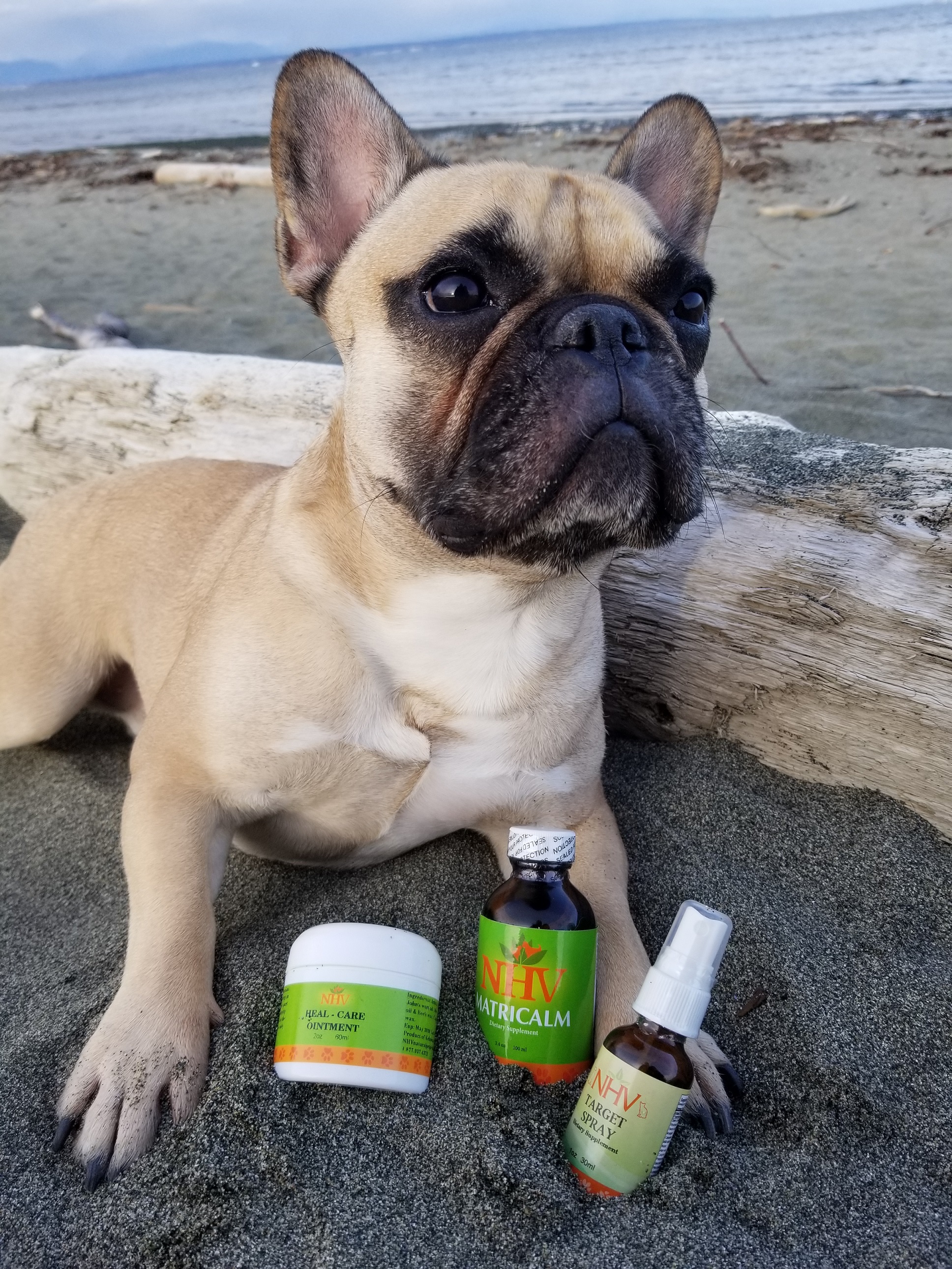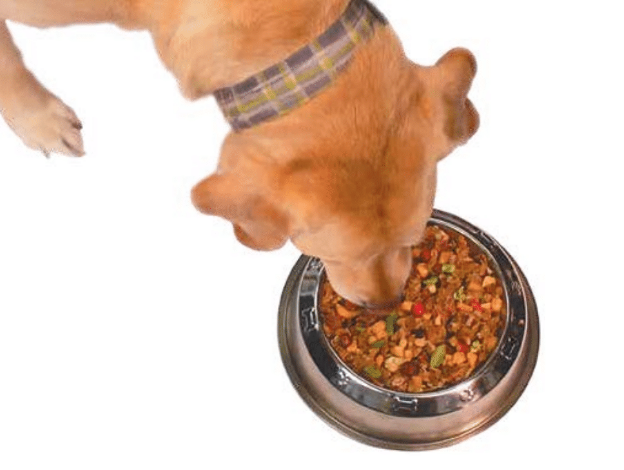Having Fun Naturally
Stacy Mantle //December 1, 2015//
 The use of sustainable materials in manufacturing is increasing in popularity – from coconut husks for birds to hemp and wool for dogs and cats. Retailers should remain updated on the benefits of organic and natural materials and be able to inform customers about their many benefits.
The use of sustainable materials in manufacturing is increasing in popularity – from coconut husks for birds to hemp and wool for dogs and cats. Retailers should remain updated on the benefits of organic and natural materials and be able to inform customers about their many benefits.
“Retailers have the opportunity to educate consumers about which products and brands support the environment,” said Eric Abbey, president of Loving Pets. “We hope that retailers will consider creating an endcap specifically for earth-friendly products and highlight brands making a difference.”
Oodles of Organics
Organic products are those that avoid synthetic chemical inputs, such as fertilizer, pesticides, antibiotics and additives. Manufacturers of organic products are subject to periodic onsite inspections at their facilities, making the organic seal of approval expensive and time consuming to obtain. This labor intensive process is worth it when it means creating a safer toy and reducing the carbon paw print, and consumers are willing to pay for the extra time and attention necessary to create such products.
Expanding its global reach into the North American pet market, family-owned Aumueller-Korbwaren recently introduced its line of Bavarian Cat Toys. The toys utilize valerian, lavender and anise to stimulate cats who don’t normally respond to catnip. The toy bodies are filled with safe organic spelt.
The appeal of valerian is a well-kept secret among cat lovers.
“In our market, most cat lovers only know about catnip toys,” said Stacey Gelkopf, project manager for Bavarian Cat Toys. “They don’t realize there’s an alternative for encouraging cats to play.” Aumueller-Korbwaren believes in using ecological and sustainable raw materials that put the pet’s safety first. Ingredients are the highest grade available, certified to meet the same standards as those used in pharmaceuticals. The toys are handcrafted in Germany without the use of any glue.
Bamboo has been utilized in manufacturing for ages. It has a number of appealing qualities for consumers seeking eco-friendly product options.
“Bamboo requires one-third the amount of water to grow compared to cotton,” said ShareBrands Co-Founder, Connor Knutson. “Bamboo grows with similar characteristics to many common weeds, therefore has few naturally attracted pests. Bamboo can be grown with little to no use of pesticides or herbicides, whereas cotton often requires a large amount of pesticides to maintain growth. The bamboo used in the ShareBrands color line is all approved organic.”
Hemp is being touted as “the new cotton” and is quickly becoming a favorite in the pet industry. Naturally durable, anti-bacterial, anti-microbial, mildew-free and nearly twice as strong as cotton, hemp makes an excellent choice for creating durable pet toys. Organic hemp uses no pesticides or other harmful chemicals during growth and is 100 percent biodegradable, meaning the remains of any shredded hemp toys do not linger in landfills.
“We’ve been doing the hemp thing since 1996, before most others knew about it,” said David Colella, owner of earthdog. “As people become more aware of the benefits of hemp, there is a common misconception that it’s indestructible. But that’s not the way hemp is. It’s a great choice for toys because it’s natural and there is nothing absorbed into fiber, and durability is very high.”
“We choose to use hemp to make our products due to its strong and durable nature,” said Pascal Bedard, owner of From The Field. “Hemp fiber is a renewable, earth-friendly replacement for paper, cotton and other synthetics building material. Hemp seed oil is a cost effective food and clean energy source. We believe in creating products that are biodegradable, pet safe and pet friendly.”
“Our new Fetchin’ Stick dog toys come in three sizes,” said Mary Wolff, founder of Honest Pet Products. “Inside each Fetchin’ Stick is a core of hemp rope surrounded by compressed wool, which allows the toy to float. Each toy is screen-printed with nontoxic, lead-free, water-based, eco-friendly ink.”
While hemp and bamboo are the clear leaders in the industry, other natural materials abound.
“Natural sisal and seagrass are two renewable plant fibers used to create handsome and durable scratch surfaces for SmartyKat scratchers,” said Rob Morgan, chief operating officer for Worldwise. “The ability to refill and interchange the scratching surfaces makes it easier than ever to offer the variety that satisfies a cat’s instinctive need to scratch.”
“As with all of our products, these scratchers are designed to fit your pet’s specific needs,” Morgan said. “They are a part of the Petlinks System that is comprised of a variety of different products that are designed to meet the emotional, instinctual and physical needs of a cat.”
Sustainable Manufacturing
In addition to using organic materials in manufacturing, companies are focused on reducing their carbon paw print by implementing responsible manufacturing processes. In fact, natural manufacturing has become so popular in recent days that the Pet Industry Sustainability Council developed a Web-based toolkit designed to support sustainability projects for retailers.
West Paw Design is another company that takes its environmental commitment seriously. From constructing an eco-friendly, state-of-the-art manufacturing facility in Bozeman, Montana, to creating near-zero-waste dog and cat toys, Materials such as IntelliLoft has diverted nearly 8.2 million plastic bottles from landfills, and its Zogoflex toys are made from BPA- and phthalate-free material that’s FDA compliant. West Paw Design even encourages customers to return old toys to be recycled into new toys. The proof can even be seen in its unique packaging, which uses soy-based ink to print on 100 percent post-consumer recycled paper.
Many companies have initiated responsible global practices by developing smart partnerships with animal rescue groups and environmental associations, as well as employing people with cognitive and developmental disabilities in the manufacturing process. Creating a unique value proposition not only encourages consumers to purchase the products, it provides an opportunity to teach consumers about environmental responsibility so that we are all better Earth stewards.



















